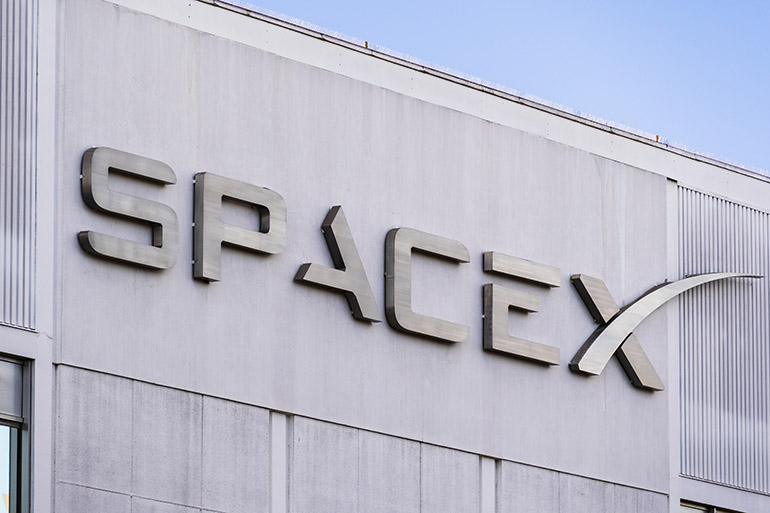In the quest to enhance lidar technology for automotive applications, Eric Aguilar's innovative approach addresses a critical issue: the reliability of lidar systems in harsh conditions. Having faced persistent challenges with existing lidar sensors during his tenure at Tesla and Google X, Aguilar recognized that the frequent breakdowns and complex maintenance routines hindered the technology's adoption in self-driving cars. His solution, developed through his startup Omnitron Sensors, involves a groundbreaking micro-electro-mechanical systems (MEMS) technology that significantly increases the force applied to micromirrors, enabling precise control of laser beams. This advancement not only promises to improve the lifespan and robustness of lidar systems but also positions Omnitron to capitalize on the anticipated growth in the lidar market, which is projected to expand at an annual rate of 13.6 percent.
The implications of Aguilar's work extend beyond automotive applications, as the technology is also being adapted for use in AI data centers, where energy efficiency is paramount. By leveraging the enhanced capabilities of Omnitron's micromirrors, Aguilar aims to optimize data routing processes, potentially quadrupling the data handling capacity of network switches. This could lead to significant power savings, addressing the escalating energy demands of AI infrastructure. Furthermore, the interest from various sectors, including defense and space, underscores the versatility and potential impact of this technology. As Omnitron prepares for rigorous testing and scaling of production, the advancements in MEMS technology could redefine the standards for lidar systems and beyond, marking a pivotal moment in sensor technology development.








